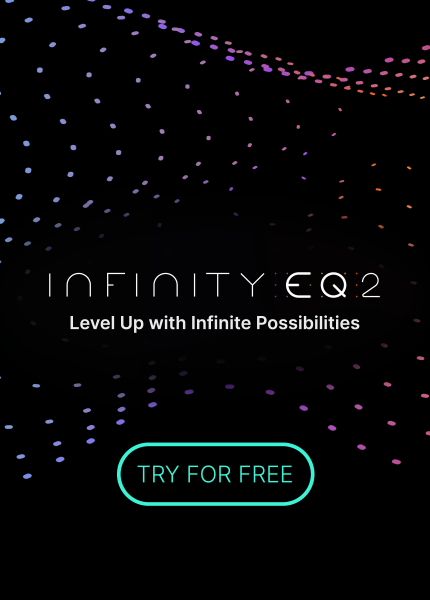You grew up in Norway. What kind of music were you listening to as a kid?
A lot of different stuff. I was a huge Kiss fan. The first record I ever bought was a Bee Gees greatest hits compilation, and I still think they wrote some of the finest pop tunes ever.
You were a writer on one the biggest hits last year, “Irreplaceable” performed by Beyonce. It started out as a country pop song. Can you talk about its transition to an R&B pop song?
I’ve read several places that it started out as a country song but that’s not actually true. The idea was to blend an acoustic strummed guitar and a folky chord progression with an 808 beat, so that was the starting point. After Beyoncé had a hit with it, Sugarland did a phenomenal country version of it.
You’ve written some amazing songs for Train, most notably their hit “Hey Soul Sister”. Did you write this song with Train’s singer Patrick Monahan in mind?
My partner in Espionage, Amund Bjorklund, and I wrote it together with Pat Monahan. He is such an amazing writer and singer. His lyrics blow my mind.
What are the elements that influence your songwriting?
Like a lot of other Scandinavian producers and writers we focus on the song itself, meaning that the melody has got to be there and it’s got to be strong. I like to think that you can perform all our songs with just an acoustic guitar and they still sound pretty good.
You started out as an artist, do you ever miss that part of the industry or have you found your happiness being a producer?
I still do some solo stuff back home in Norway every now and then. I actually released another solo album a couple of years ago called “Army of One”. These days it’s mainly to indulge the artsy side of me. I don’t have time to do it much but I enjoy it immensely.
You’ve collaborated on many songs with other writers such as your writing partner Amund Bjørklund. Have you ever been in a creative battle during the song writing process when you didn’t like something another writer submitted? If so, how did you overcome this?
When you write with other people, the intention has got to be to come up with something that is a blend of everyone’s talents an influences. So, you give and take a little during the writing process, and if the chemistry in the room is right, a great song will come out of it! One that no-one of the writers could have written entirely on their own.
Tell us about your current studio setup?
We do everything on a couple of Protools HD3 Accel systems with 192 i/o interfaces and a huge selection of plugins. We do all our audio, MIDI and mixing in PT, having made the transition from Logic seven or eight years ago. We have a 56 channel 9000J in our room that we don’t really use anymore, which just breaks my heart because I love gear. However, with the record labels’ increasing demands for quick and accurate recalls, working ITB is the only practical choice for us. We’ve got a nice selection of mics and outboards, along with a bunch of guitars, amps, effects, various instruments etc.
Do you play on a lot of your demos, and if so, what instruments do you play?
I play a lot of the parts on both our demos and finished records. When I do, I play guitars, bass, general stringed instruments, keyboards, and backing vocals.
Can you talk about how you use Steven Slate Drums and what productions you’ve used them on?
I use SSD a lot, both if I program drum tracks or if I need to augment live drums. The snares in particular are unreal, so punchy and so well engineered – they usually fit right into the mix with little or no EQ’ing or processing. I find that I spend a lot less time getting great sounding drums with SSD samples in the mix. I also find they sound good in programmed beats, like the kick pattern from “Hey Soul Sister” which is an SSD sample with some filtering and a tape delay on it. I’d say I end up using SSD on probably 90% of all the tracks we do.




